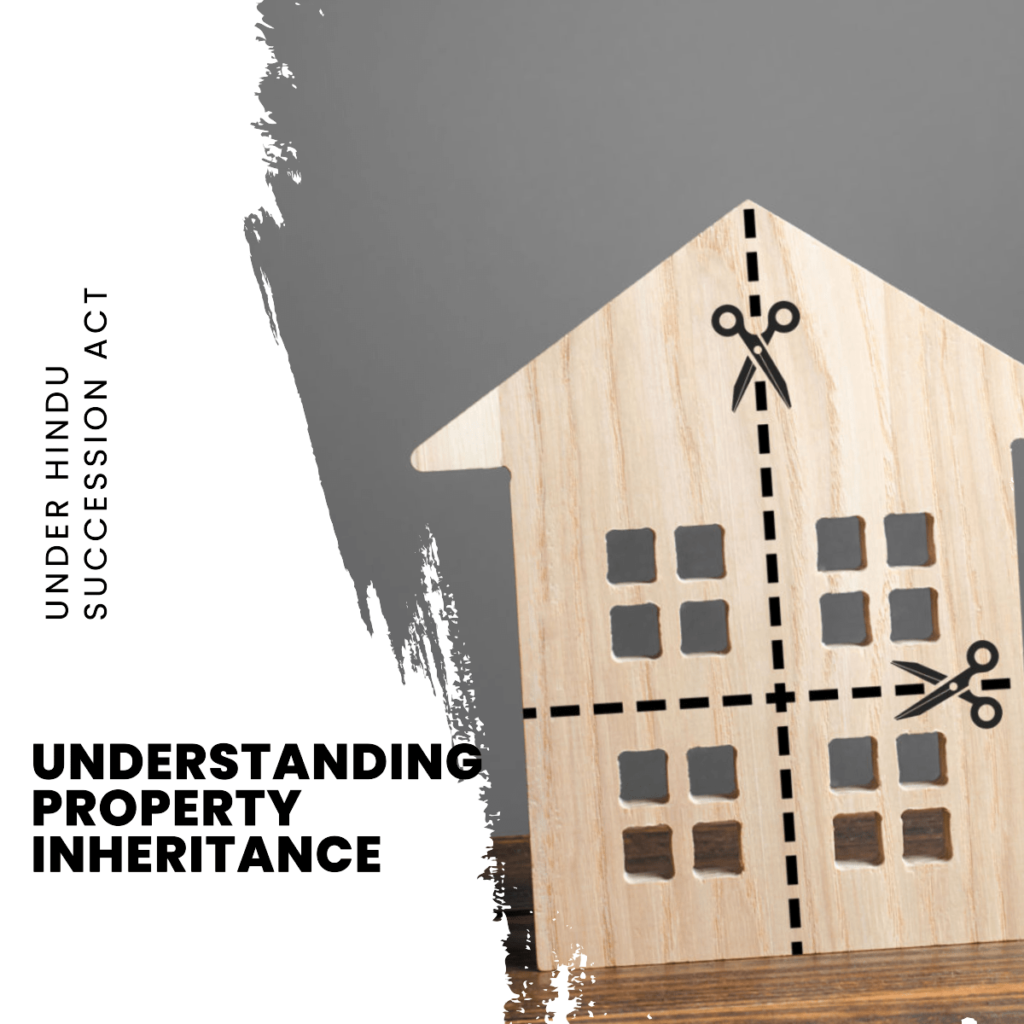Introduction:
In a significant legal development, the Supreme Court of India recently delivered a landmark judgment in Civil Appeal No. 3667 of 2018. This judgment has far-reaching implications for property inheritance under the Hindu Succession Act, 1956. The case in question centered on a contentious dispute over the partition of properties among the heirs of a deceased individual. Notably, the court’s decision hinged upon the application of Sections 15 and 16 of the Act, which intricately define the order of succession and the distribution of property, especially in cases where a female Hindu passes away intestate.

THE SUPREME COURT OF INDIA CIVIL APPEAL NO. 3667 OF 2018
Background:
The case pertains to a dispute over the partition of certain properties among the heirs of a deceased individual. The plaintiff, E. Vanaja, claimed a share in the properties of her deceased husband’s family. The trial court initially allotted her a 1/8th share in the suit properties. However, the First Appellate Court modified the share to 1/16th in certain properties and denied a share in others. The matter reached the High Court, which concluded that all the suit properties were joint family properties.
Crucial Provisions of the Hindu Succession Act in Property Inheritance:
The Supreme Court’s judgment extensively delves into Sections 15 and 16 of the Hindu Succession Act, 1956. These sections are instrumental in establishing the order of succession and governing property distribution. They play a pivotal role in the legal framework.
These provisions are particularly significant in cases where a female Hindu passes away intestate. They outline the exact process and sequence of inheriting property. Ensuring a systematic and fair distribution of assets among the rightful heirs.
Section 15(1)(a) prioritizes the sons, daughters, and the husband in the order of property devolution for a deceased female Hindu. They are entitled to inherit the property before other heirs.
Section 16 is a crucial provision within the Hindu Succession Act. It provides comprehensive rules for the order of succession and property distribution among heirs when a female Hindu passes away.
Furthermore, this provision meticulously outlines the exact sequence in which heirs have the entitlement to inherit the property. It eliminates any ambiguity in explaining the precise manner for carrying out the distribution of assets.
Property Inheritance-Supreme Court’s Ruling:
Following a careful consideration of the case’s facts and a thorough examination of the provisions laid out in the Hindu Succession Act, the Supreme Court issued a critical clarification. In this pivotal ruling, the Court decided to amend the High Court’s judgment. Specifically, it made it unequivocally clear that the plaintiff was not entitled to a 1/16th share in her mother-in-law’s portion of the suit properties. Consequently, the Court proceeded to affirm the judgment and decree of the High Court, incorporating this specific modification.
Conclusion:
This landmark judgment by the Supreme Court reinforces the significance of Sections 15 and 16 of the Hindu Succession Act, 1956. In determining the order of succession and distribution of property in cases where a female Hindu dies intestate. It also serves as a valuable legal precedent, providing clarity on property inheritance rights and obligations under this important legislation.
At Patil Legal Solutions, we are committed to staying up-to-date with the latest legal developments and significant rulings that impact our clients’ rights and interests.
If you have any questions or need legal assistance. Whether it’s related to property inheritance, succession, or any other legal matter, don’t hesitate to reach out to us.
Our legal team is both distinguished and highly experienced. We are always ready to assist you and guide you through the complexities of legal issues with unparalleled expertise and unwavering dedication to your cause.


Leave a Reply